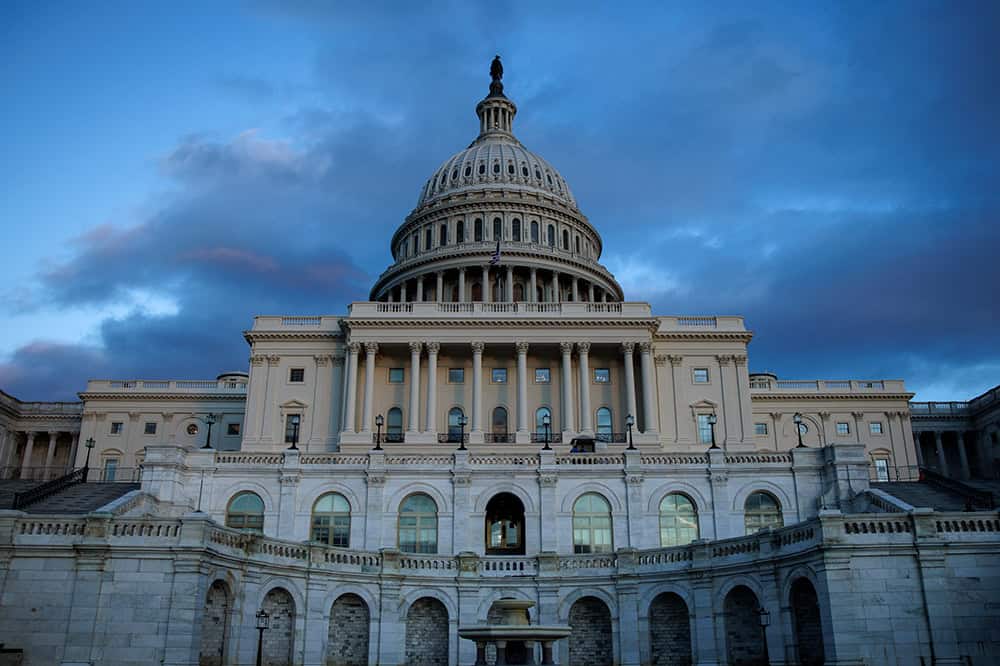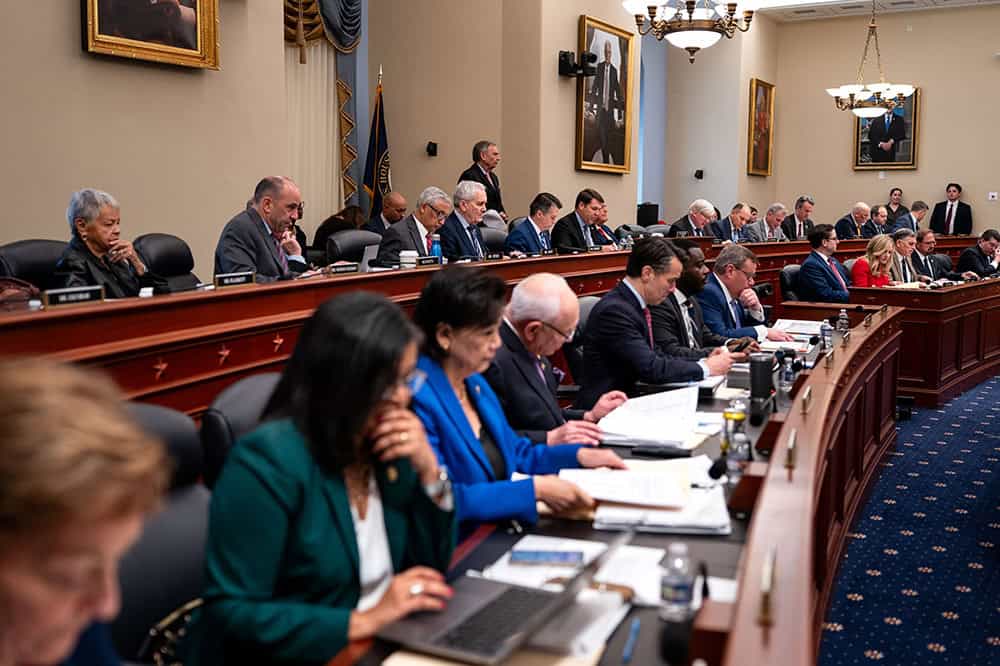Peterson Foundation Statement on U.S. Debt Reaching $20 Trillion

NEW YORK — Michael A. Peterson, President and CEO of the Peter G. Peterson Foundation, commented today on our nation surpassing the $20 trillion mark in outstanding debt, as noted in the Daily Treasury Statement released this afternoon.
“Surpassing $20 trillion in debt is the latest indicator of our nation’s dire fiscal condition. As a result of our inability to address our growing debt, we are now on pace to spend $6 trillion on interest alone over the next 10 years. That’s more than we will invest in our kids. So, in effect, we have decided to spend more on our past than on our future.
“Worse yet, America’s debt is projected to grow and compound rapidly in the years ahead. Our budget deficit is on track to exceed $1 trillion annually in just five years.
“The primary problem of our growing debt is that it harms the economy — hurting jobs, wages and our ability to invest in the future. If we want greater prosperity for our citizens, we must improve our fiscal outlook.
“We know the causes of our fiscal challenges, and the good news is that many solutions exist. In the coming months, Congress and the administration have a critical opportunity to enact fiscally responsible tax reform that grows the economy, not the debt. Lawmakers should work across party lines to deliver permanent tax reform that will promote growth and improve our dangerous fiscal outlook.”
Further Reading
Long-Term Budget Outlook Leaves No Room for Costly Legislation
As lawmakers consider costly legislation to extend expiring tax provisions this year, CBO’s latest projections serve as a warning that our fiscal outlook is already dangerously unsustainable.
Republicans Considering Costly Tax Cut Proposals
Leaders in Congress and the Administration have outlined a broad package of tax cuts that could total $9.1 trillion.
Moody’s Warns Recent Policy Decisions Worsen U.S. Fiscal State, Maintains Negative Outlook Rating
Moody’s says that the United States is in fiscal deterioration, warning that government policy decisions in the near term could contribute to higher interest rates and worsening national debt.


